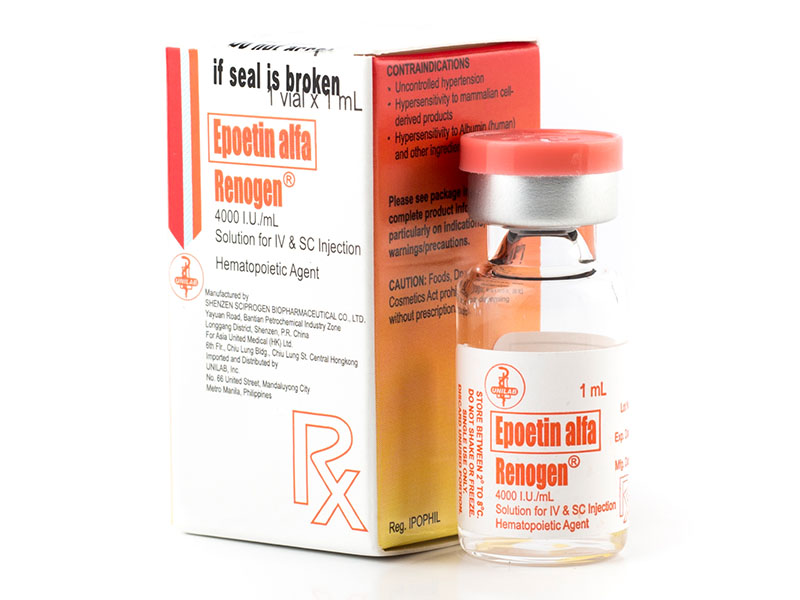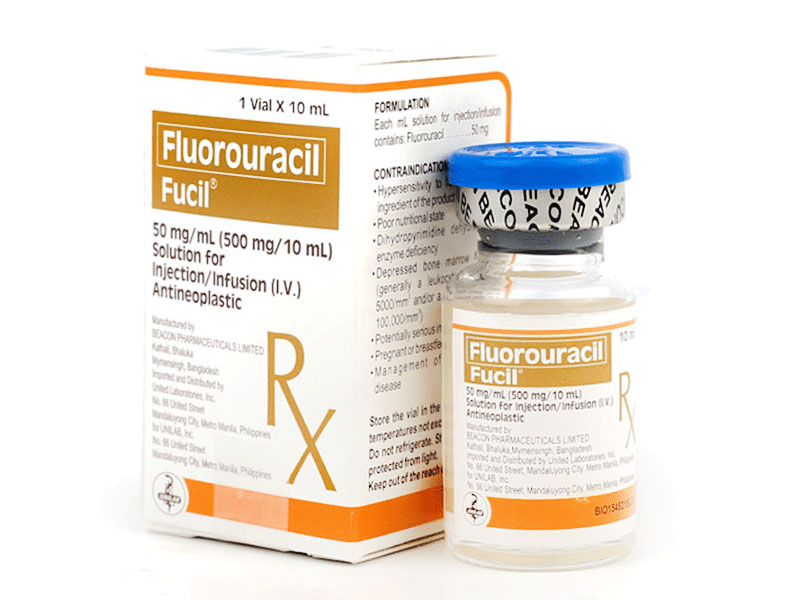The relationship between smoking cigarettes (yosi or sigarilyo) and lung cancer (adenocarcinoma) has long been established by numerous medical journals. It is proven that the chemicals found in cigarettes contain toxins which harm the delicate linings of the lungs which in turn, causes adenocarcinoma. 117,000 Filipinos are killed annually by smoking cigarettes, costing the country millions in healthcare expenses and productivity losses. Studies show that smoking accounts for at least 30% of all cancer deaths and 87% of lung cancer deaths. Read more facts on how smoking directly causes lung cancer below.
- Tobacco smoke contains harmful carcinogenic compounds which induces mutations in certain genes which are essential for cell cycle dysregulation and carcinogenesis.
- 1 out of 5 people in the USA die from tobacco use. Smoking accounts for an estimated 30% of all cancer deaths and 87% of lung cancer deaths.
- Aside from lung cancer, smoking is also recognized as a major cause of other types of cancers including those of the sinuses, pancreas, kidney, stomach, colorectum, etc.
- 50,000 annual deaths are caused by passive smoking or environmental tobacco smoke. This means that simple exposure to a smoker’s lit cigarette can also cause cancer to those around him.
- Although lung cancer was more common in males than females, the rise in tobacco use has made lung cancer the leading cause of cancer death in females.
1 out of 10 adults or about 5 million people in the world die from tobacco use. The World Health Organization (WHO) estimates that the number will likely double by 2025 if the current trends continue. Compared to other types of cancer, lung cancer can easily be avoided since one of its major causes (tobacco use) has already been identified by medical researchers. Quitting smoking can significantly reduce your chances of getting lung cancer and can also reduce the risk levels for the other people around you.
General disclaimer
Always consult your doctor before taking any medicine. Your doctor will be in the best position to give the appropriate medical advice. For suspected undesirable drug reaction, seek medical attention immediately and report to the FDA at www.fda.gov.ph and UNILAB, Inc. at 8-864522-1 (8-UNILAB-1) or productsafety@unilab.com.ph. Always buy from your trusted drugstores and retailers.



